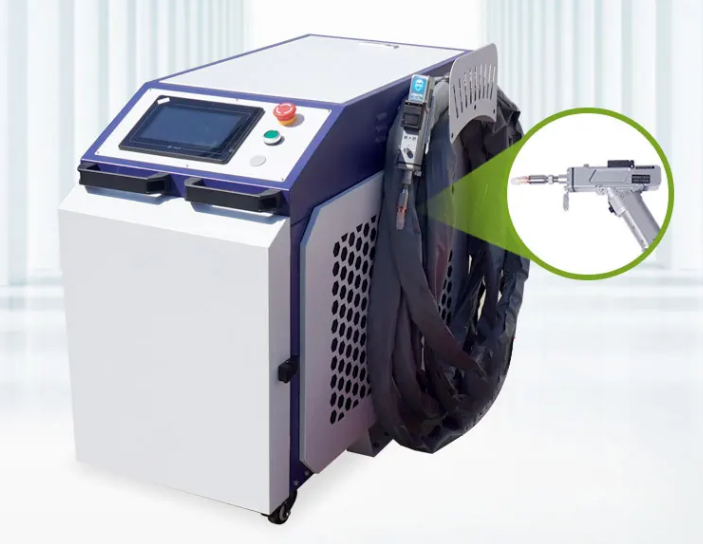
The difference between a “super” laser welder and a standard laser welder may not be universally defined, as the terminology may vary by industry and manufacturer. However, I can provide a general overview based on common industry terms and potential differences in functionality.
Power and Intensity: A “super” laser welder may refer to a system with higher power and intensity capabilities compared to a standard laser welder. Higher power lasers can achieve deeper penetration and faster welding speeds, making them suitable for welding thicker materials or achieving higher productivity.
Precision and Control: While both types of machines offer precise control of the welding process, “super” laser welding machines may have enhanced control systems or advanced optics to allow for tighter tolerances or more complex welds geometric shapes.
Versatility and range: Super laser welding machines can offer a wider range of capabilities, including the ability to weld a wider range of materials, thicknesses and geometries. This may include specialty materials or special applications that standard laser welding machines may not be able to handle.
Cost and Investment: Generally speaking, “super” laser welding machines with higher power and advanced features tend to be more expensive than standard laser welding machines. For specific applications or industries where accuracy and productivity are critical, the added functionality and performance may justify a higher investment.
Application Details: The difference between a Super Laser Welding Machine and a Standard Laser Welding Machine may also depend on the specific requirements of the application or industry. For example, in industries such as aerospace or automotive manufacturing, where strict quality standards and high throughput are essential, “super” laser welding machines may be needed to meet production demands.
Overall, the difference between a “super” laser welder and a standard laser welder usually comes down to factors like power, precision, versatility, and cost. These factors related to your specific welding requirements must be carefully evaluated before deciding which type of machine is best for your needs.
